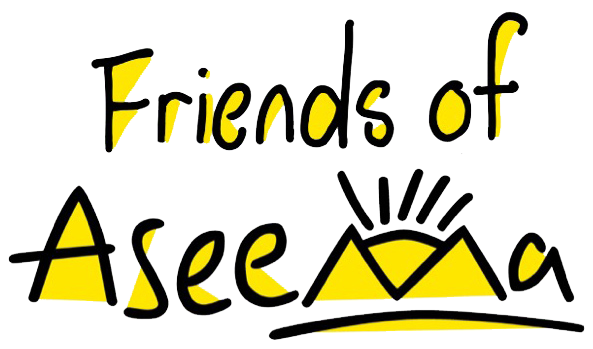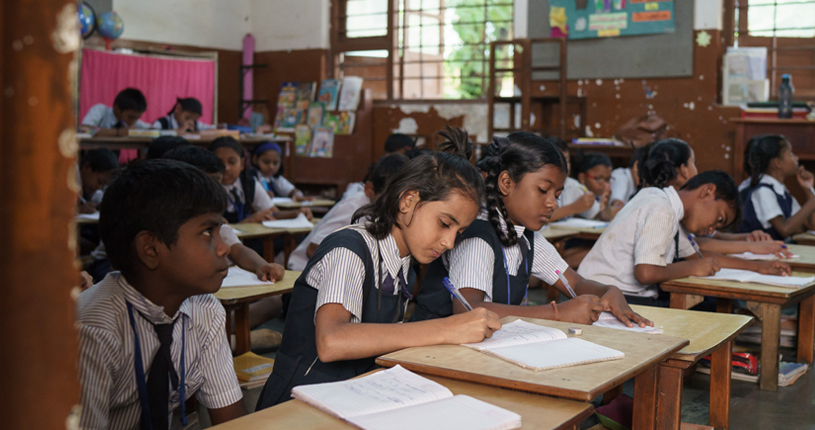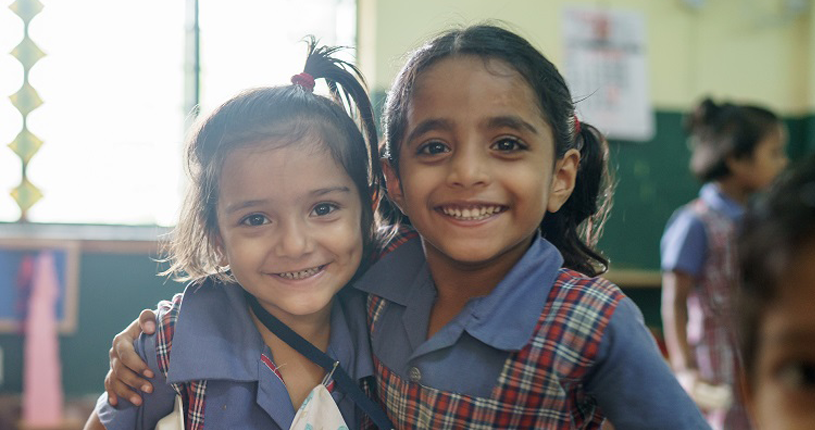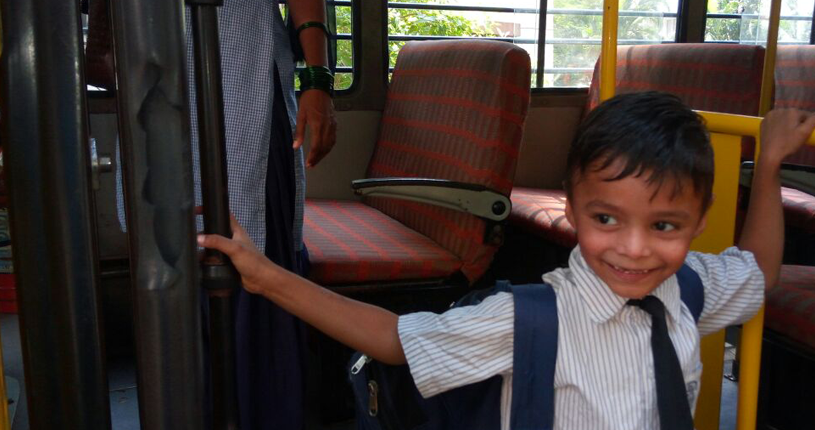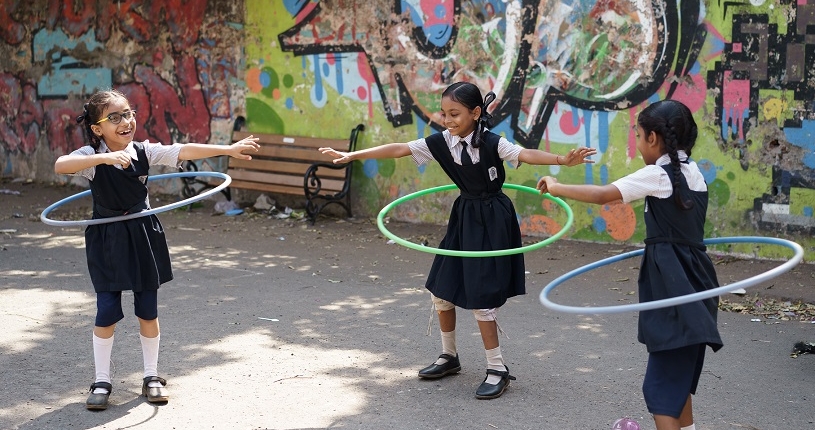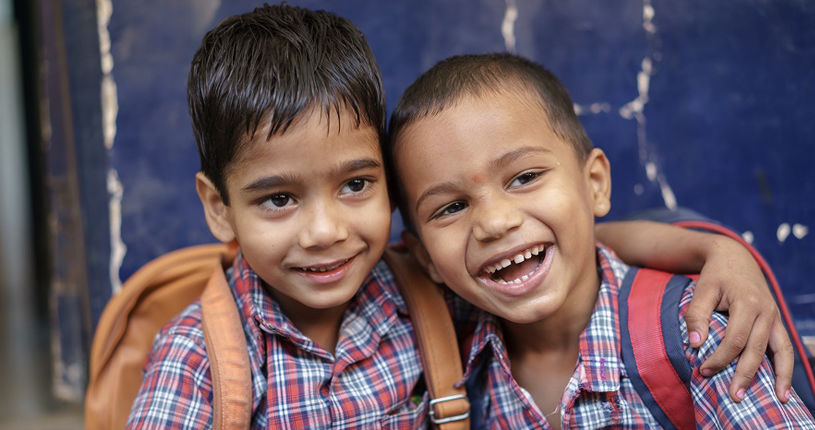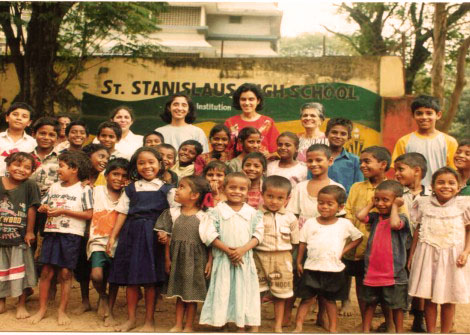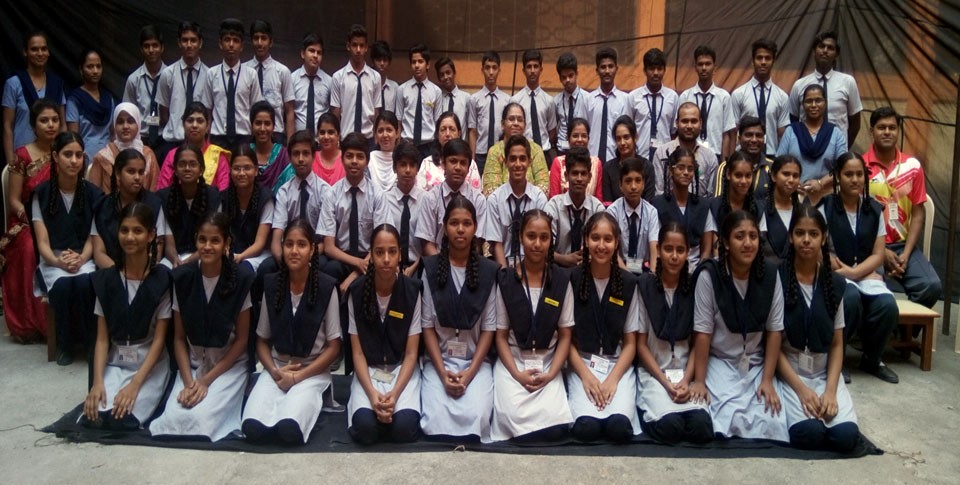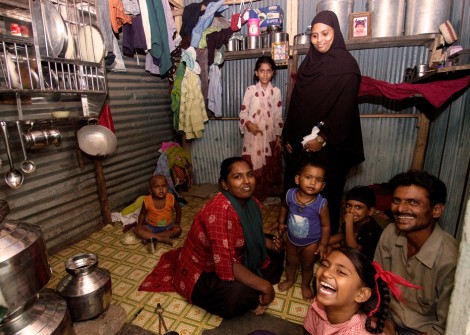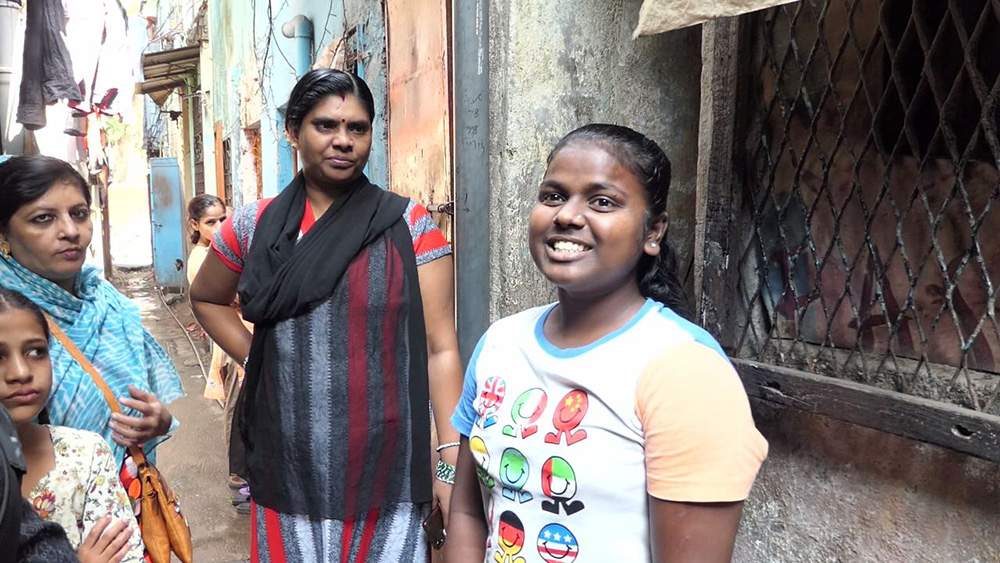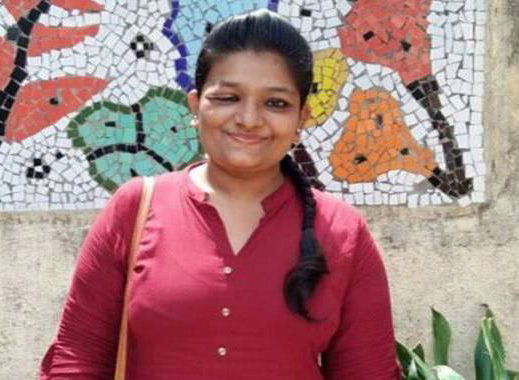What is Aseema?
Friends of Aseema was established to support the Aseema Charitable Trust. Aseema, which means “limitless” in Sanskrit, has been working since 1995 to educate children living in extreme poverty in the streets and slums of Mumbai, India. Aseema schools are secular. Likewise, Friends of Aseema is a diverse organization with an exclusive mission to support Aseema and takes no position on any religion.
Mumbai Work
From its humble beginnings with its first class of children gathered in a room borrowed from a private school, Aseema has grown into an organization that has earned so much faith from the Mumbai governing authorities that it has been entrusted year after year to fully manage three of Mumbai’s public schools (known as “municipal schools” in India). These secular schools – Pali-Chimbai, Santacruz (W) and Kherwadi – serve some of the most economically and otherwise marginalized children in the city.
